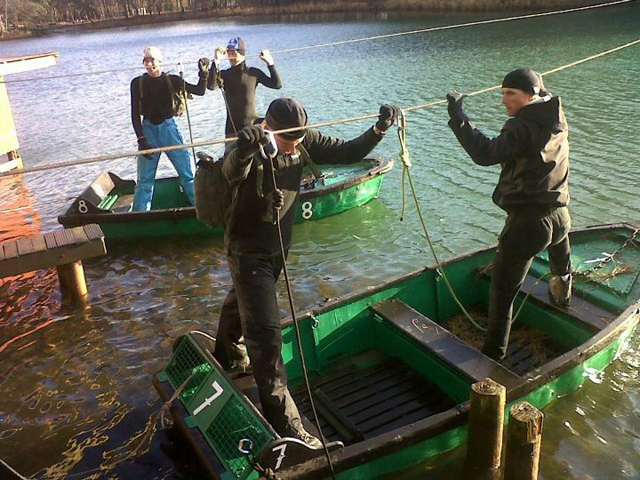Cycling circles had already been whipped into a frenzy on Twitter as the opening credits rolled on the War on Britain’s Roads documentary, broadcast on BBC One on Wednesday (and available to view on BBC iPlayer).
 But what followed over the next hour was an unexpected surprise.
But what followed over the next hour was an unexpected surprise.
Ian Austin, the Labour MP who co-chairs the all-party cycling group in parliament, labelled the primetime show as “stupid, sensationalist, simplistic and irresponsible”.
But what is sensationalist is some of the reporting which has followed a programme that was, in fact, fairly balanced and gave both sides an even crack of the whip.
What came out of the programme only confirmed what I already knew: all parties need to work harder. There are plenty of idiot drivers, and there are plenty of idiot cyclists.
Take the programme at face value, it’s primetime television. Is there a War on Britain’s Roads? No, but while the programme did highlight extreme examples, we, as cyclists, know that conflict between two wheels and four is common. I am regularly cut-up and passed by speeding cars with inches to spare and I see many cyclists riding with ludicrous disregard for their own safety – albeit riding on London’s heavily congested roads, which aren’t necessarily a fair reflection of much of the country.
But cyclists aren’t guilt-free, with some going out of there way to antagonise drivers by banging on cars, clapping sarcastically, pointing at a helmet cam and saying “smile for the camera”.
Is that going to defuse the situation and create the harmony that most crave? Instead, such a sanctimonious attitude only strengthens the ‘us and them’ divide between cyclists and drivers, even though most cyclists drive a car, and vice versa.
The most controversial aspect of the programme was the use of footage of an alleycat courier race from 2006. Filmed by Lucas Brunelle, the film was later sold commercially, thereby marking it out as professional footage alongside the user generated content which makes up the rest of the documentary, according to Carlton Reid of BikeBiz, but the fact remains that it was a real event which took place on real roads, and the BBC mark it out as the worst example of dangerous cycling.
It was the programme’s most poignant scenes which provided the inspiration of how to pursue a cause and try and create change with dignity.
Cynthia lost her 26-year-old daughter, Alex, when a left-turning lorry didn’t see her and crushed her. She bought £500 of shares in the cement mixing company, Cemex, whose vehicle killed her daughter, and made her case for improved safety to fellow shareholders at the firm’s AGM.
Today Cemex is the industry leader when it comes to HGVs and cycle safety, and their lorries are fitted with extra mirrors and sensors which detect cyclists within two metres of the lorry. The tragedy is that it took the death of a young woman to spark such change.
Cycling is not an intrinsically dangerous activity – but the dangers remain very real. The overarching problem is, of course, that it’s cyclists, not drivers, who are being killed or seriously injured when the two come together.
And while far more education, debate and government investment is required, the War on Britain’s Roads showed that cycle safety is on the public agenda.


